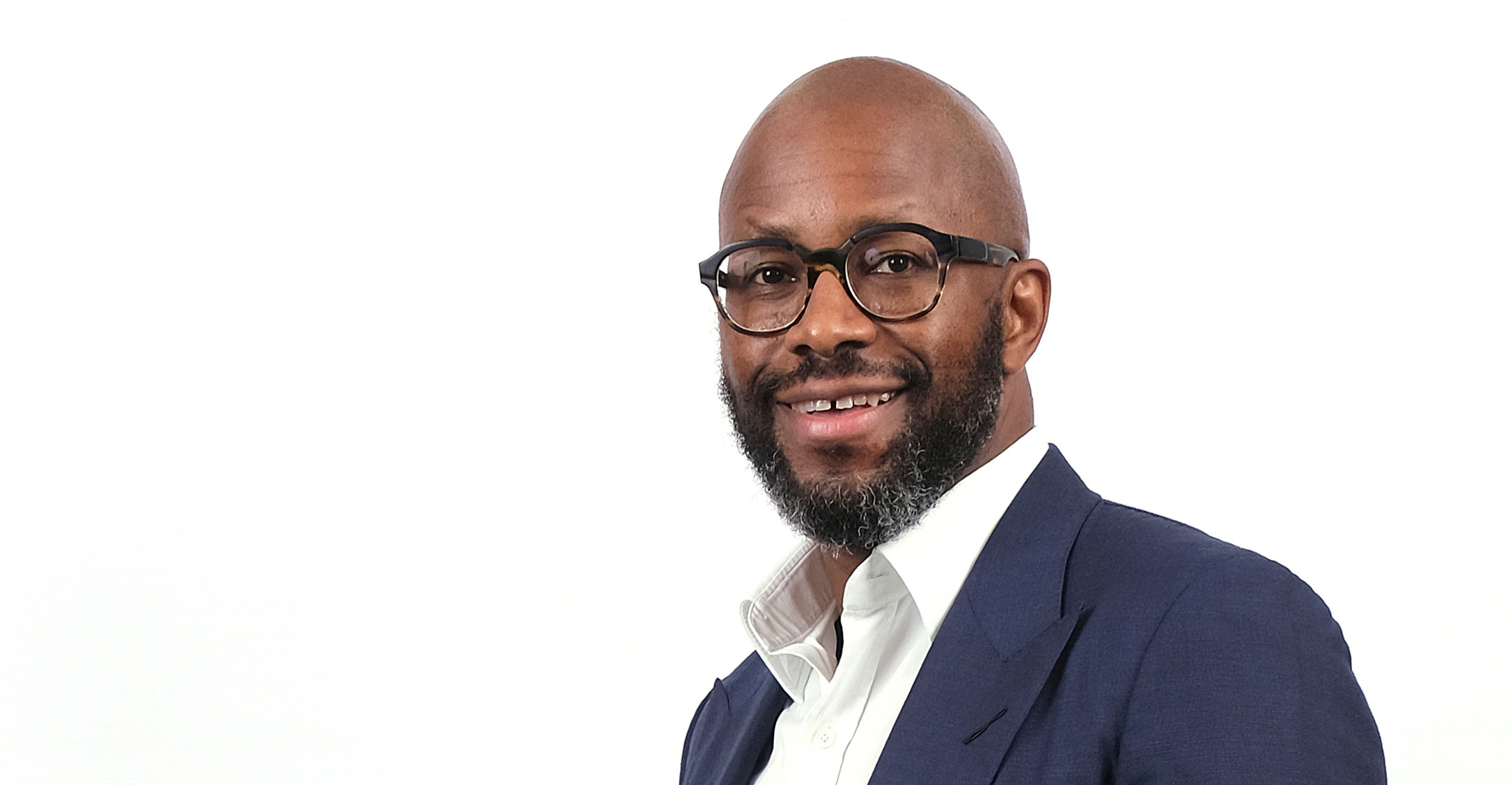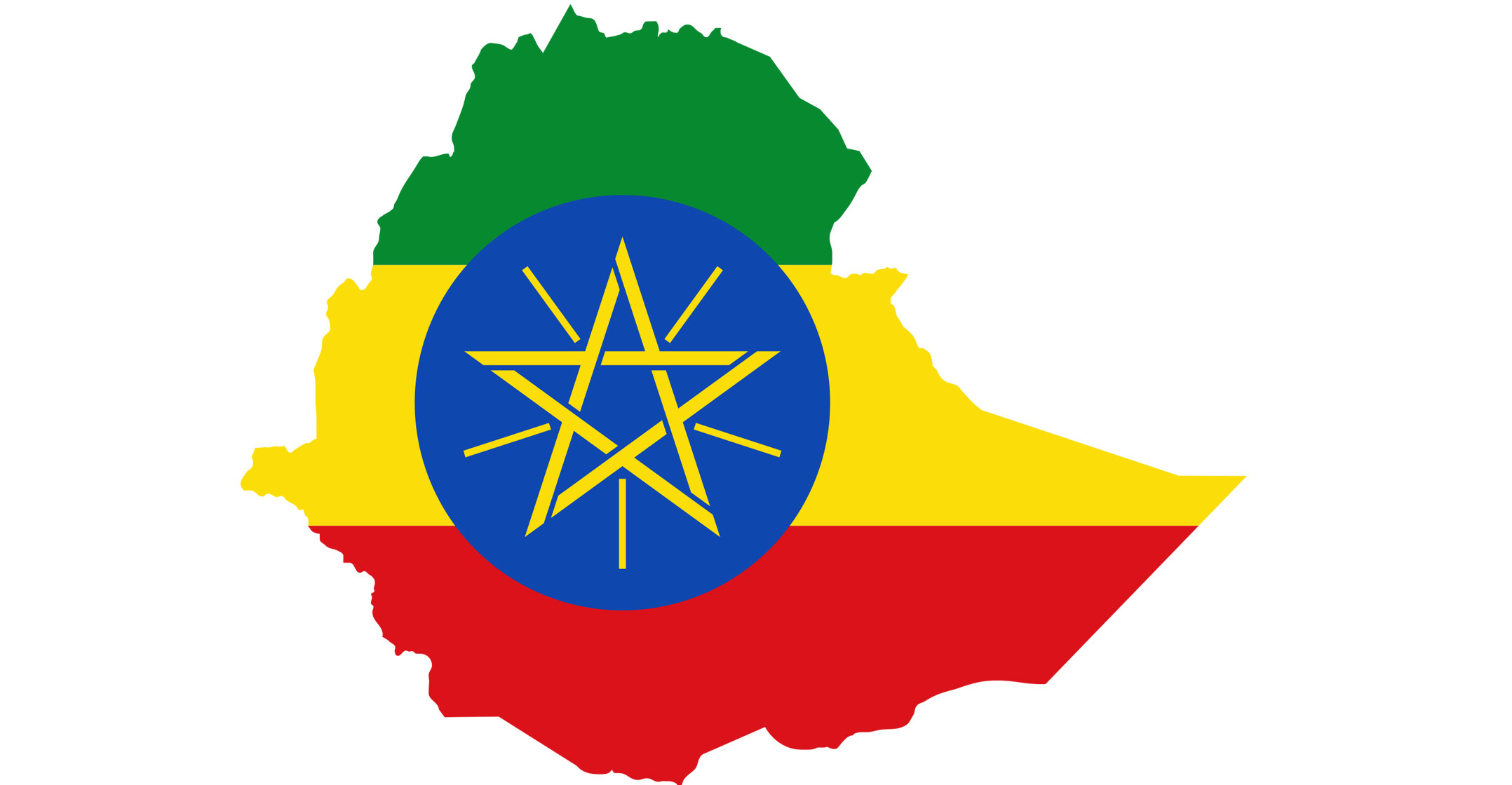
Ethiopia’s protracted privatisation process faces sticking issues as the government and prospective investors prepare to meet this week, with an escalating armed conflict starting to add to concerns.
MTN Group, Africa’s largest carrier by subscribers, sees the investment case weakening due to uncertainty over whether international tower companies would participate and a mobile money licence be included, CEO Ralph Mupita said this week, adding that the group remains interested.
Rival Vodacom Group said it’s monitoring the conflict between the government and the Tigray region before making its final decision, having earlier said it would bid in a consortium with Vodafone Group and Kenya’s Safaricom.
The remarks indicate a more cautious approach from companies that have long expressed an interest in expanding in Ethiopia, even before Prime Minister Abiy Ahmed proposed ending state-owned Ethio Telecom’s monopoly in mid-2018. Africa’s second most populous country with more than 100 million people is seen as one of the final frontiers for international operators, and French group Orange is another to have thrown its hat into the ring.
“The potential remains, the question is really to what extent operators will be willing to acquiesce to the more onerous requirements of the state,” said Chiti Mbizule, a telecoms analyst at Fitch Solutions. “Political instability in the country also continues to pose a major risk not only to the pace of the reforms but also the attractiveness of the market.”
On track
Ethiopia’s government says the plan is on track. A public consultation with interested bidders is going ahead this week, according to Eyob Tekalign, the minister responsible for privatisation. The state wants to answer all questions investors might have before issuing a document outlining what it expects from companies in terms of cash and technical capacity, he said. The question of mobile money has been raised by the operators as it’s now a key part of most African telecoms business models.
“There is nothing of concern at all,” Eyob said in response to questions about whether the Tigray war is having an impact.
The sale of two new licences and a minority stake in Ethio Telecom had been set for early this year, but a combination of the Covid-19 pandemic, postponed national elections and a painstaking bureaucratic process have pushed the process back to February 2021. Terms of the auction and the regulatory framework haven’t yet been formally communicated to bidders. Safaricom, which would have a 51% share of the Vodacom consortium, said earlier this month it would submit an offer only after that happened.
Orange declined to comment.
 Complicating the process further is the outbreak of war in the north of the country, which has seen hundreds of people die and thousands displaced since the start of fighting earlier this month. Abiy has rejected calls by foreign governments to negotiate a peace deal and the United Nations warned the situation could be spiralling out of control. The Internet has been shut off in Tigray, as it has been nationally on repeated occasions during times of strife.
Complicating the process further is the outbreak of war in the north of the country, which has seen hundreds of people die and thousands displaced since the start of fighting earlier this month. Abiy has rejected calls by foreign governments to negotiate a peace deal and the United Nations warned the situation could be spiralling out of control. The Internet has been shut off in Tigray, as it has been nationally on repeated occasions during times of strife.
“It would concern operators that the incidence of state-compelled Internet shutdowns in times of political and social dissent have continued even under the new regime,” Mbizule said.
The telecoms privatisation process was intended to kickstart a broader sale of state assets to help raise foreign exchange and boost the economy, with rail and industrial parks among the sectors slated for disposal. Of those, the auction of factories and land owned by Ethiopian Sugar was the furthest advanced at the start of the year, and Eyob said that also remains on track. — Reported by Loni Prinsloo and Simon Marks, (c) 2020 Bloomberg LP




